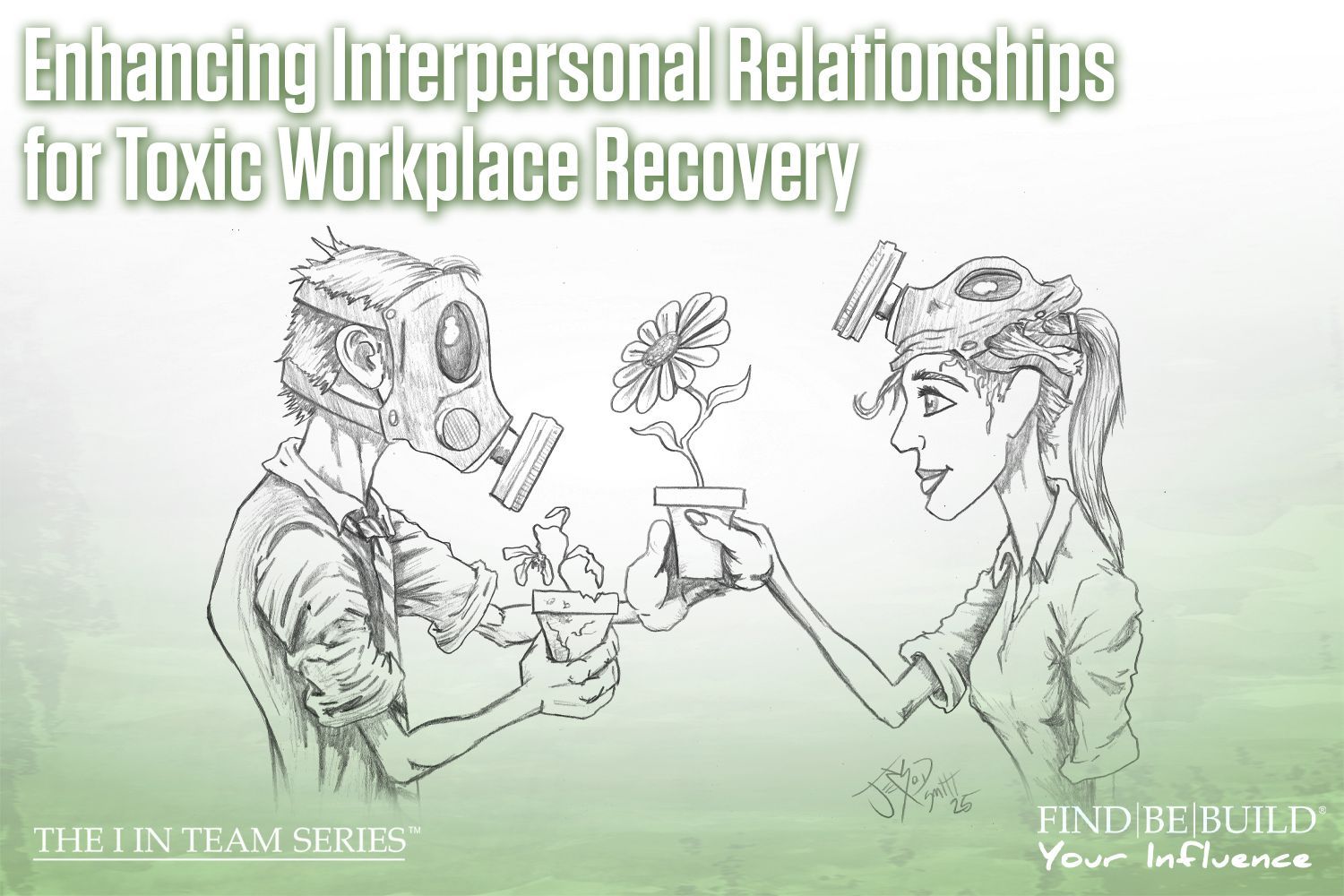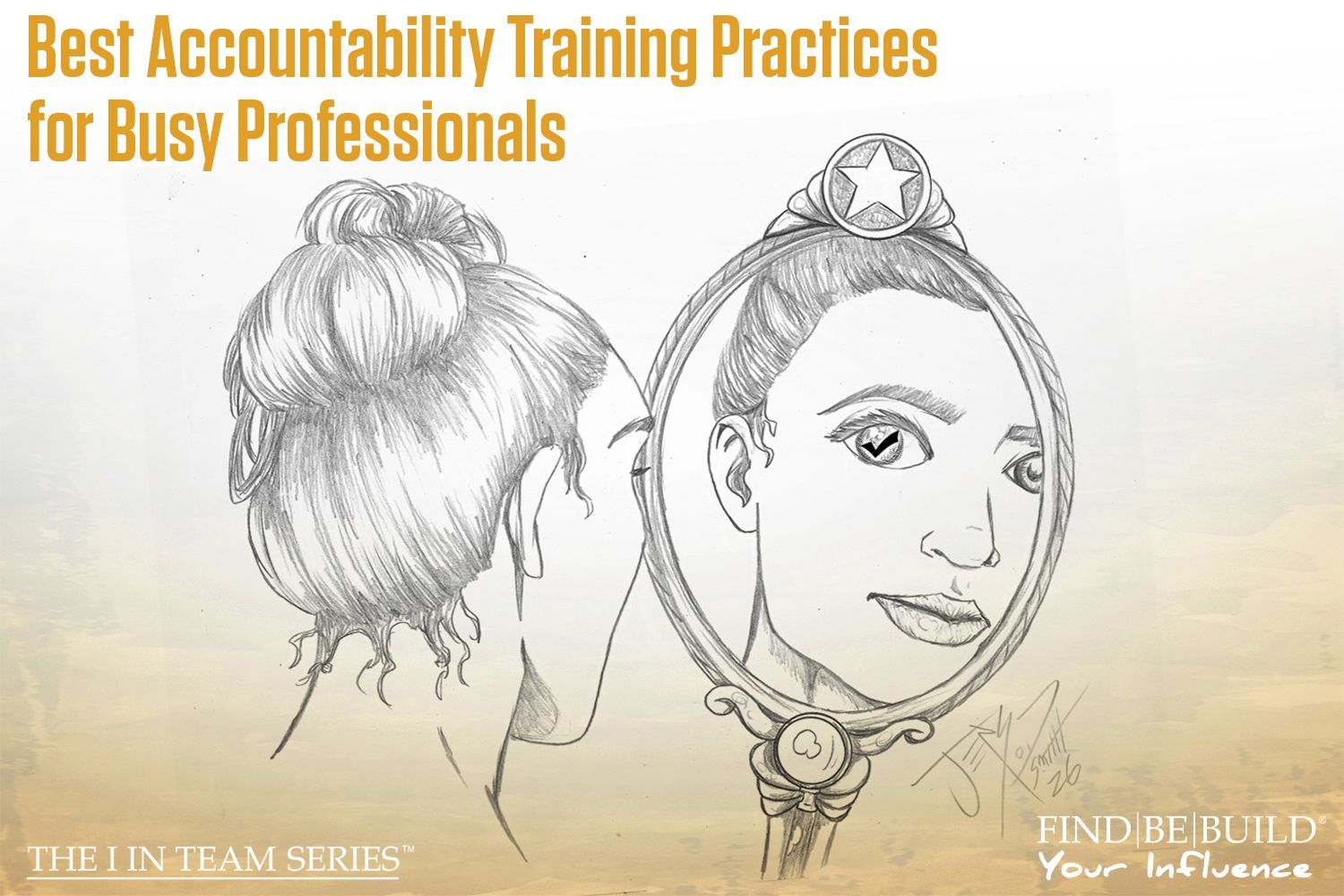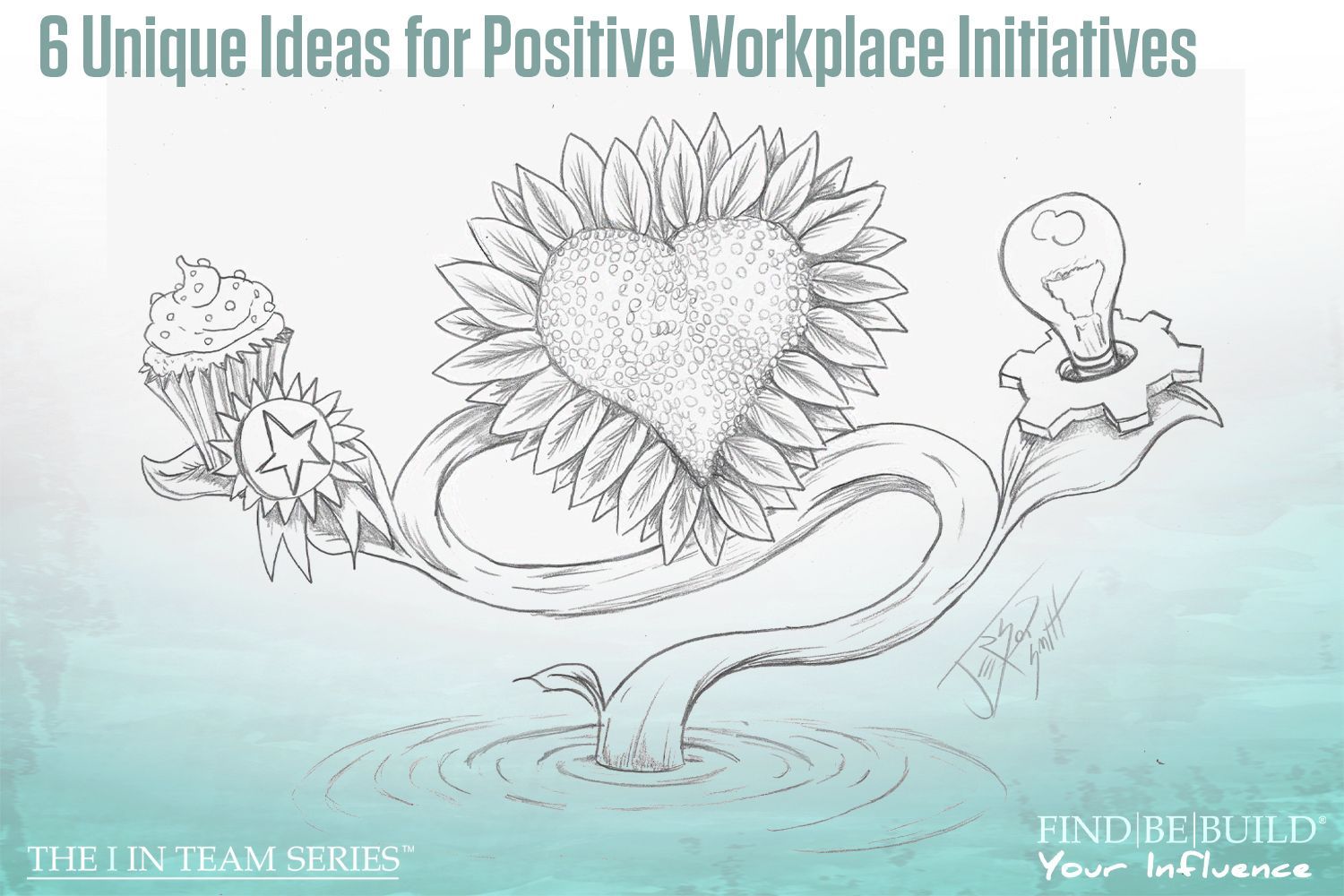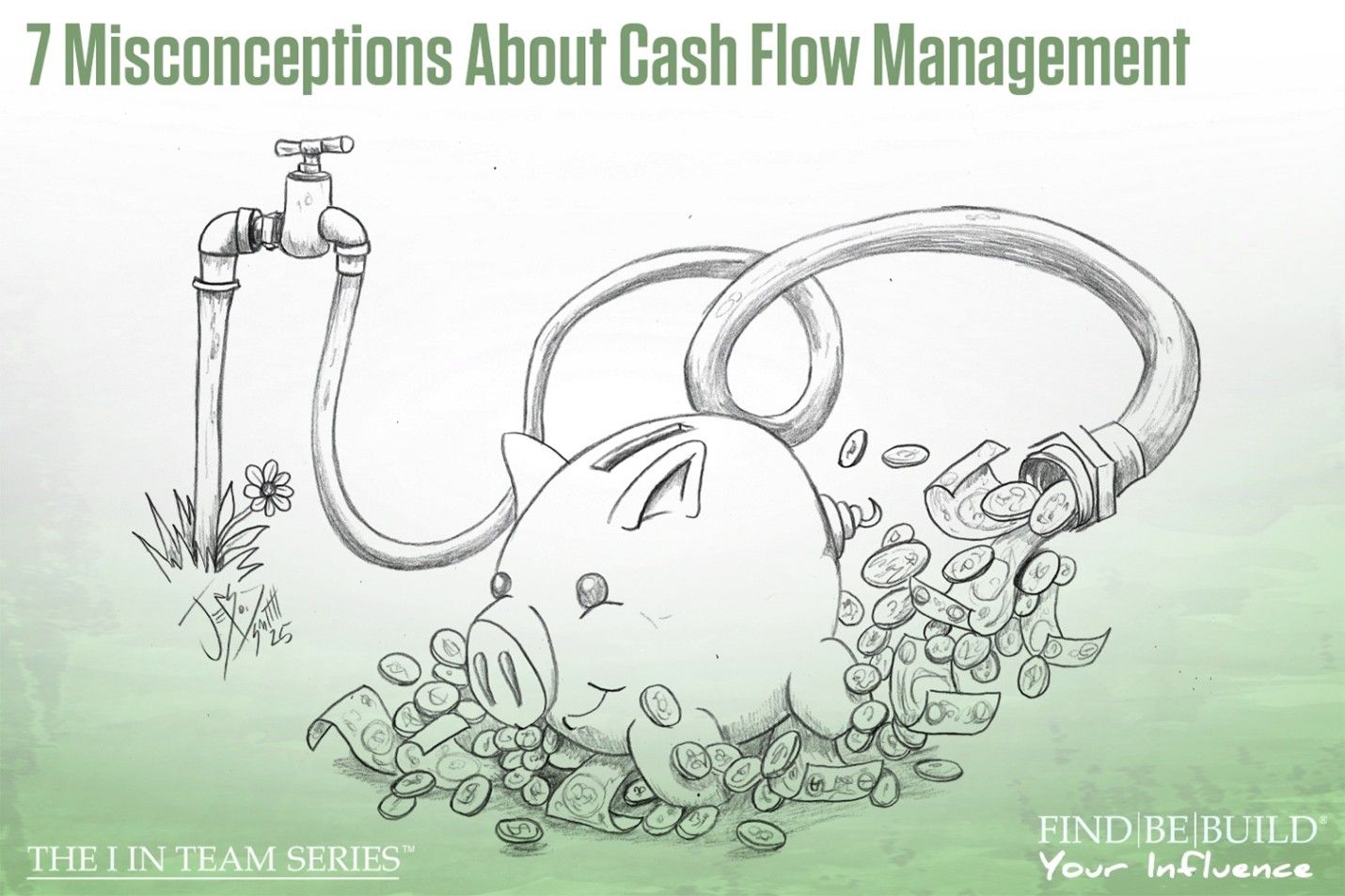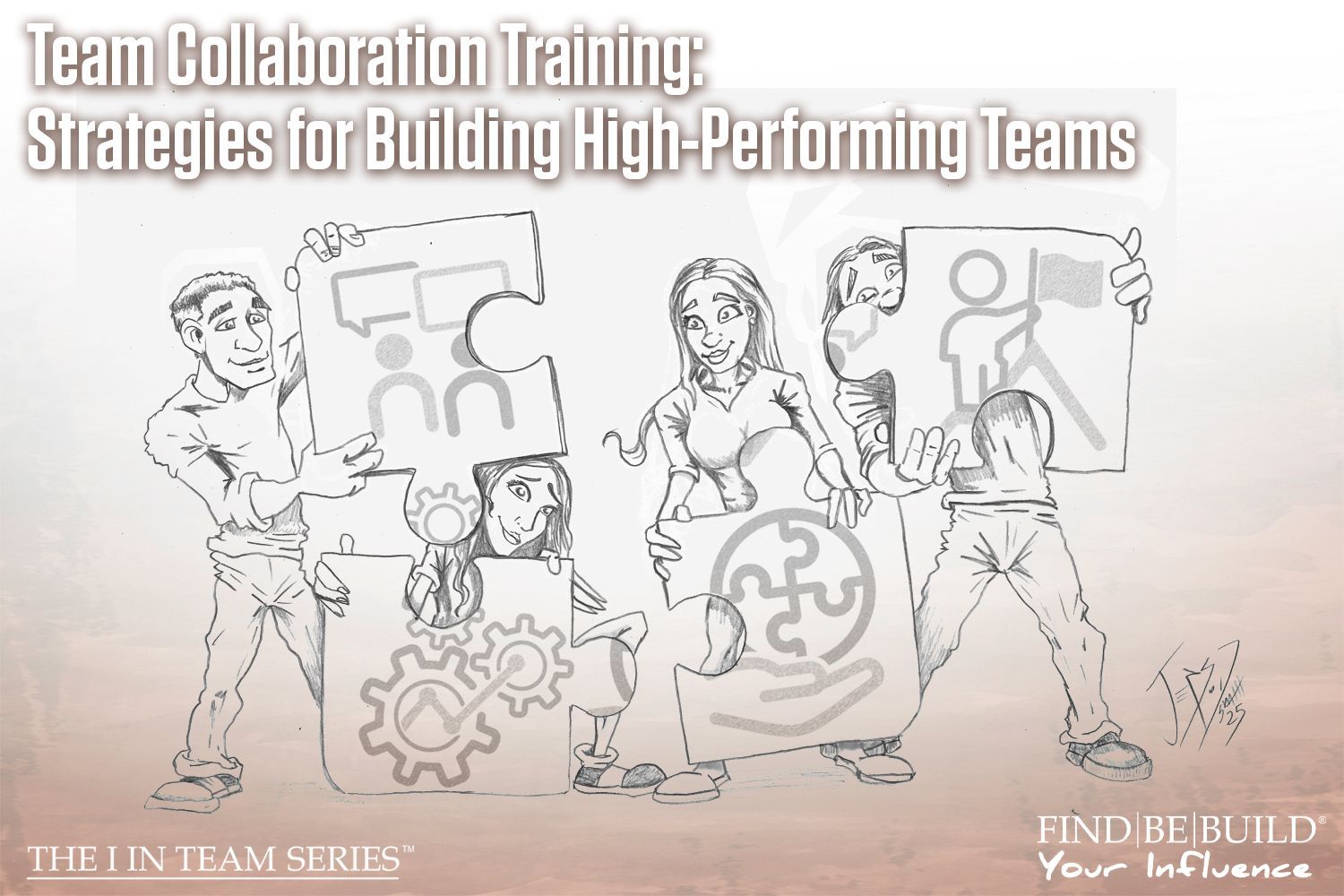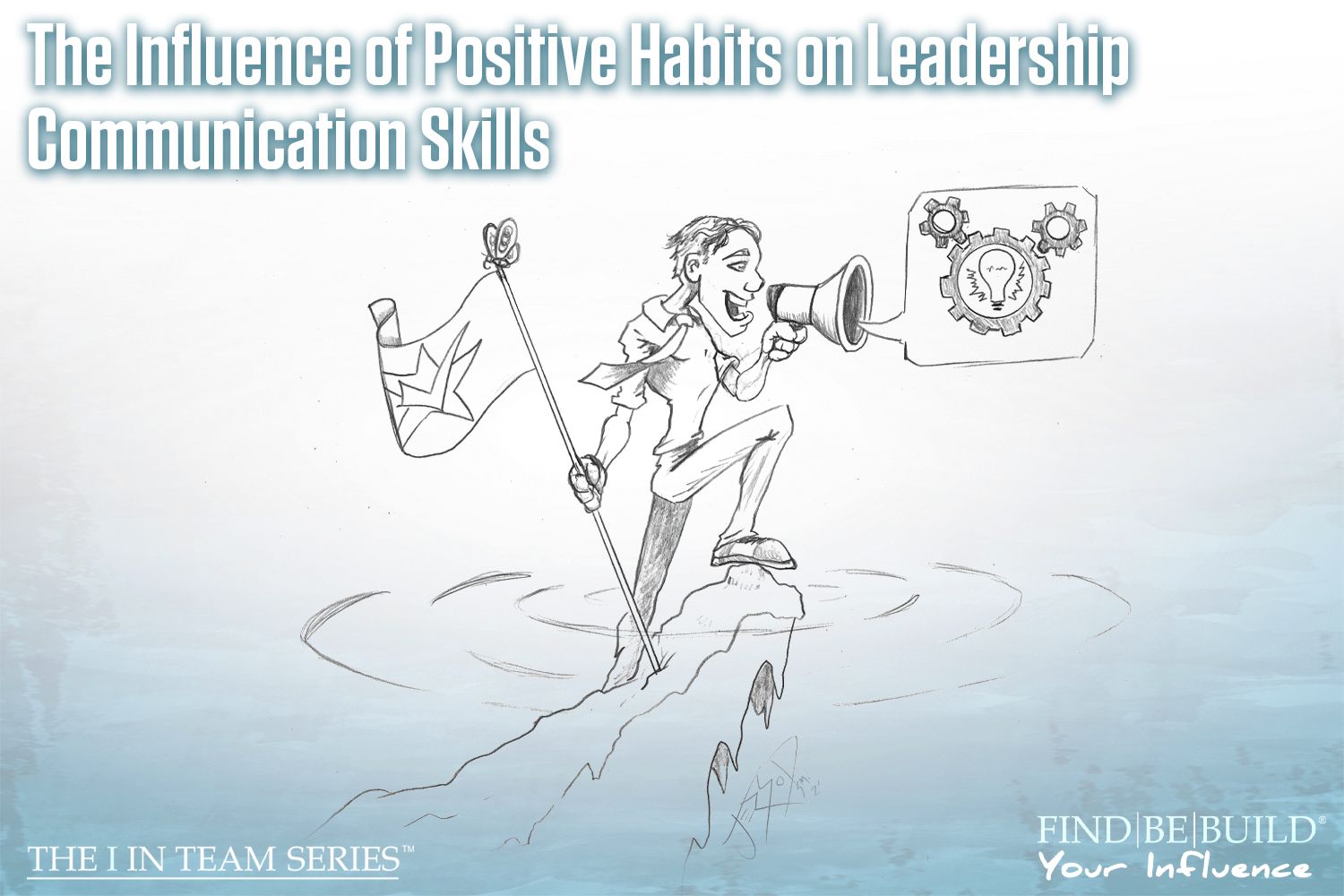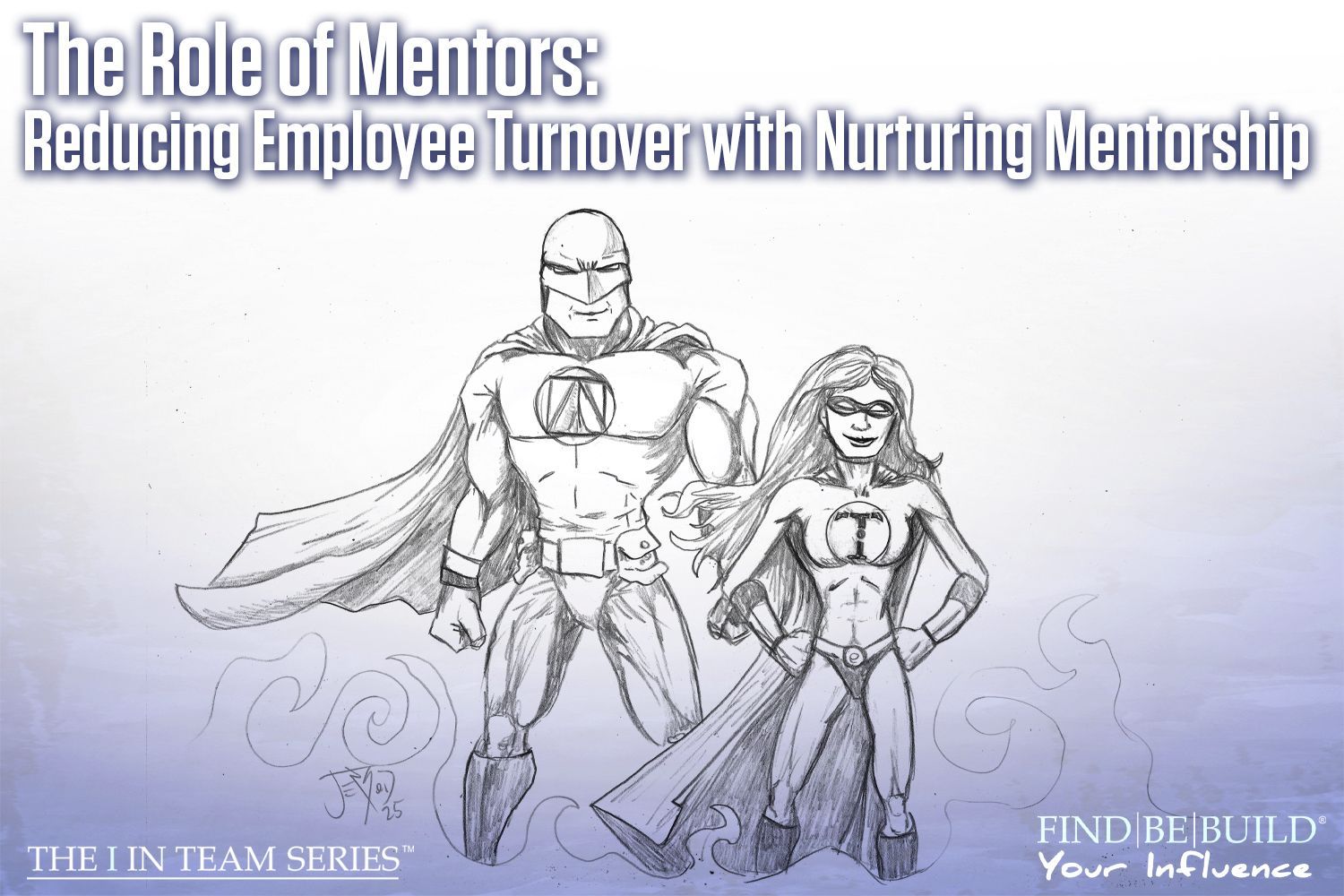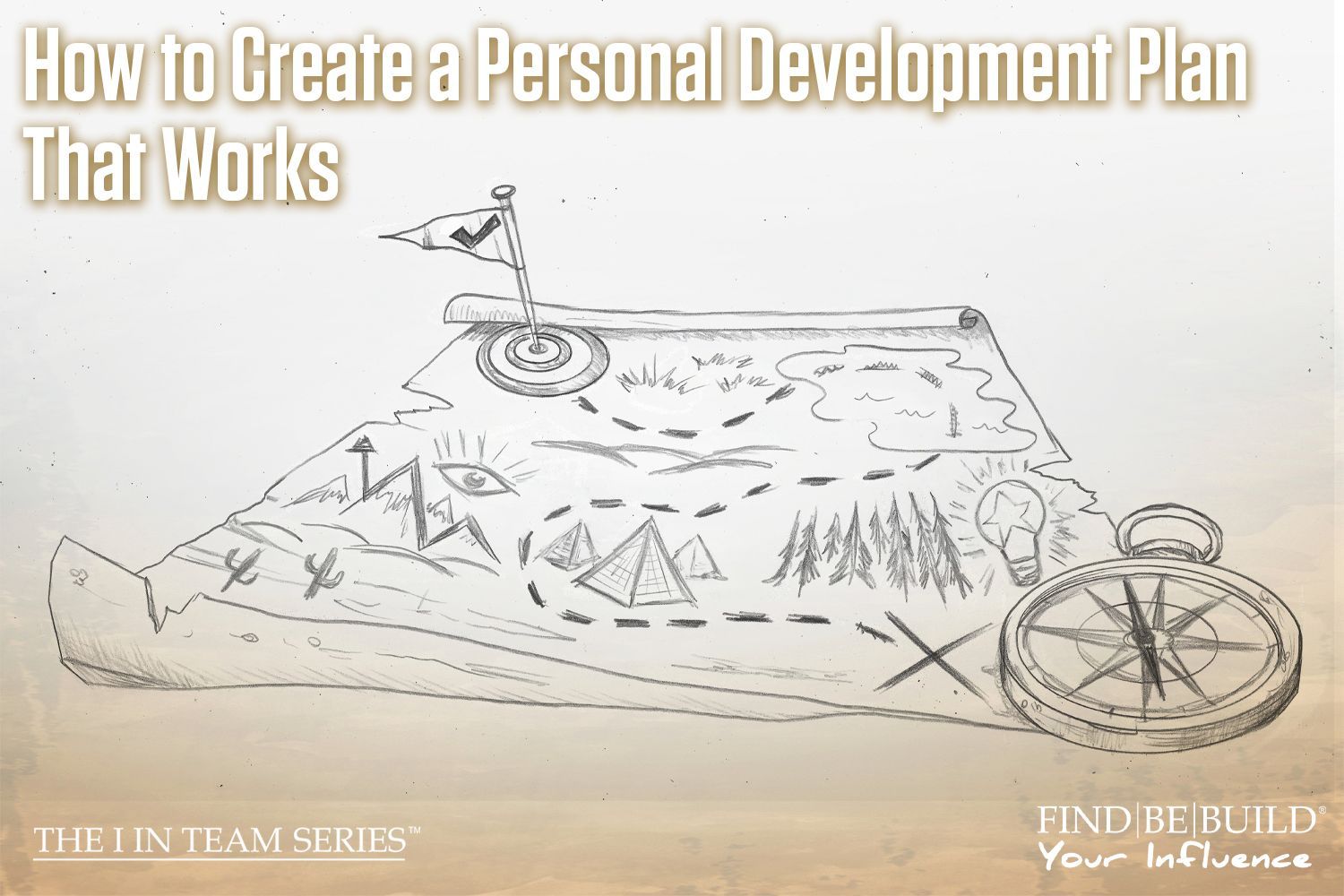The Art of Decision Making
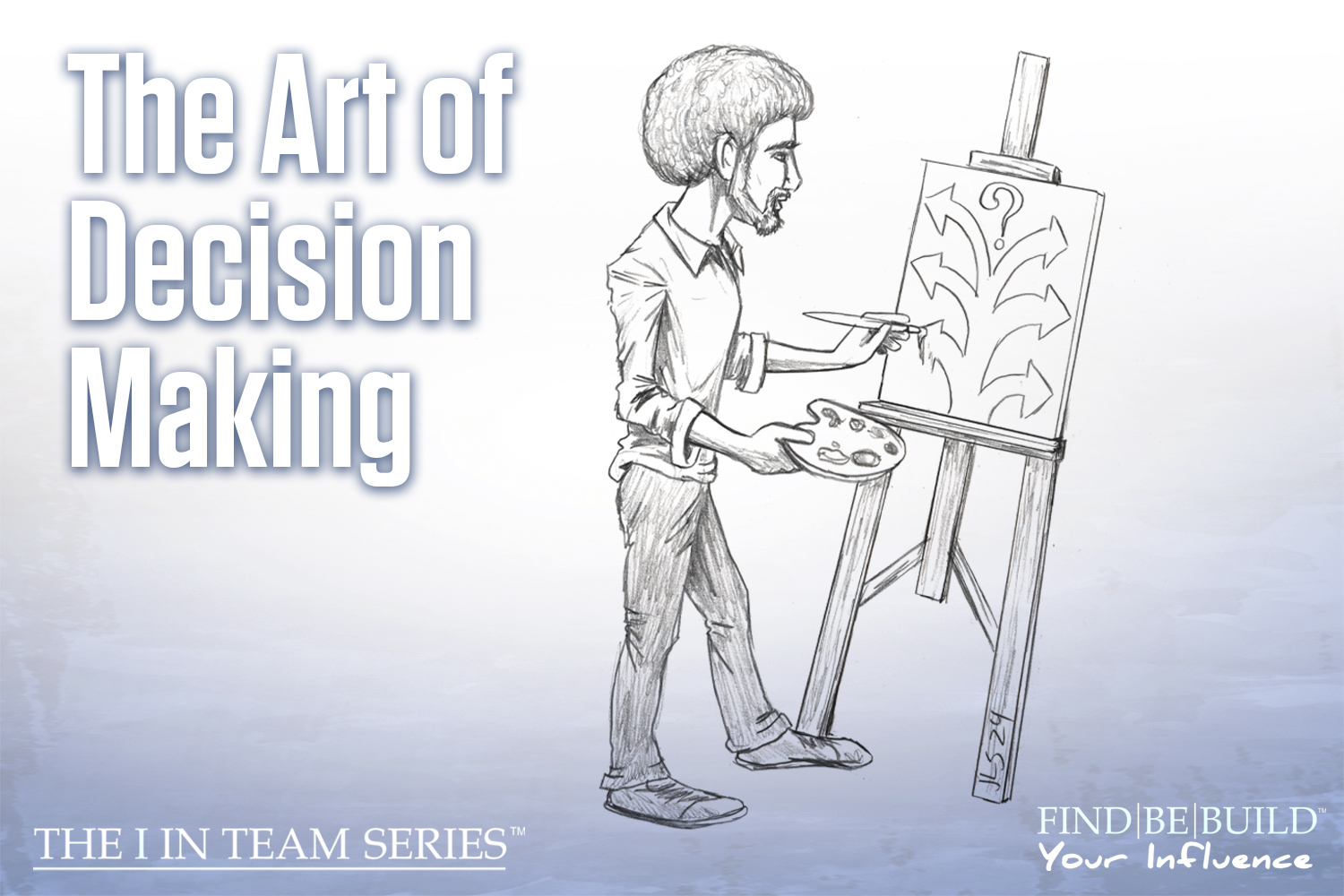
Decision-making strategies for business consulting
Hi, team! It’s your friend, Mary, with the “I” in Team series where you can find, be, and build your positive influence. Decision making is something we all must face whether we want to or not. Making confident and informed decisions is essential for personal and professional success. In fact, deciding to not choose is actually deciding; you’re deciding to not decide. There is no wiggling our way free of decision making. So, if you want to get better at the art of decision making, here are our top tips.
Gather Information
Before you can make an informed decision, you will want to gather as much information as you can. This can involve doing your own research through search engines or books, consulting experts in the field, or seeking advice from people in your life who know you well. In fact, getting an outside perspective can help you gain valuable insights or raise considerations you may not have thought about on your own. During your research, explore alternative options. Avoid settling for the first solutions that come to mind, especially for big decisions. You will want to consider the pros and cons of each choice carefully so when you do decide, you will feel confident you are walking the right path.
Assess Risks and Benefits
Understanding the risks and benefits of the decision you are trying to make will help you go into that decision with your eyes completely open. This kind of research, known as due diligence, helps you understand potential outcomes of each potential decision. You will want to know what the long-term implications are, if any. You can ask yourself, “Will this benefit me in the future, or will it lead to unforeseen problems?” Take your time during this process. Often when anxiety comes from decision making, it’s because there is not enough information for someone to feel they are making an informed decision. So, if you don’t have to rush this process, don’t!
Set S.M.A.R.T. Goals
Clearly define your goals by using the S.M.A.R.T. process: Be specific about your goal, set realistic measurements, ensure your goal is attainable with what you have now or what you will have in the future, and make the decision in good time for you. Going through this process will help you stay focused on decision making so that your next move aligns with your goals.
Take Responsibility
Once you have made a decision, you must own it. Accept both the successes and failures that come from making that decision and use each moment as a learning opportunity to help you with making future decisions. If the decision doesn’t turn out as you expected, try to be flexible. Be prepared to adapt and adjust your approach if necessary.
Bottom Line
Decision making doesn’t have to be daunting if you can take the time to approach it through the lens that due diligence provides. However, not all decisions will allow you to research, assess, and set goals; in those cases, you must do your best with the information you have. Remind yourself that making decisions is something that everyone must go through, so you aren’t alone. Ask friends and colleagues to support you and offer insights from their perspective. Once you decide, own your decision and the successes and failures that come from it.
